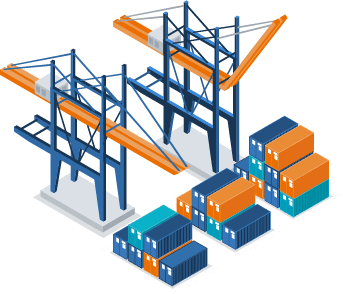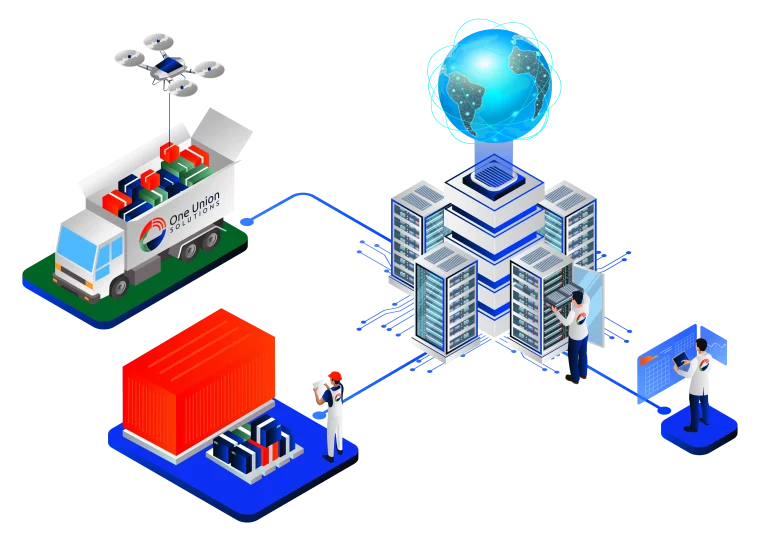Tech Industry
Importing information technology and telecommunications equipment into Mali may take much work for businesses. Entrepreneurs must consider local rules, including certification requirements, product safety checks, and taxes and tariffs when importing products. To ensure compliance with global norms, trade regulations must also be considered.
Technological advancements mainly drive global change. It might be challenging to get your items through customs quickly and cheaply without first having a local presence in every place you want to sell them. If your company needs help clearing international customs, contact One Union Solutions, a customs compliance organization focusing on IT gear and technical equipment.
Aviation Industry
The aviation industry is another significant business that relies heavily on IT and telecom hardware. Aviation firms rely on dependable and up-to-date technology, from flight management systems to passenger communication tools, to guarantee safe and efficient flights. However, the Mali Civil Aviation Authority has strict rules and guidelines to be followed while transporting IT and telecom equipment. To ensure your goods are safe and up to par with industry standards, you need a thorough grasp of those standards.
Logistics in aviation involves moving everything from aircraft lanes and conservation gear to food supplies and electricity. Mali’s Civil Aviation Authority has mandated rigorous regulations for all air cargo companies to adhere to.
Medical Industry
There is great hope that new healthcare innovations in 2023 will significantly improve people’s health everywhere. Top healthcare institutions and providers are scrambling to incorporate cutting-edge technology to better connect with patients of the modern day and keep their loyalty.
Before making any concrete decisions, let us look at the advanced healthcare technology and mobile app developments that are reshaping the business and being adopted by your competitors.
Automotive Industry
The automobile sector in Mali is the country’s second most significant, making it an ideal location for importing automotive information technology and telecommunications equipment. Importing such machinery might be challenging due to the stringent laws in place. Companies, for instance, need to confirm that their gear is suitable for use in automobiles and get relevant certifications, such as those required by Mali’s Electromagnetic Compatibility Directive.
Transport and logistics in the car industry must meet high standards of efficiency and collaboration since it is so large and complex. Transporting components and finished vehicles swiftly and safely is essential for meeting tight deadlines and satisfying customers.


